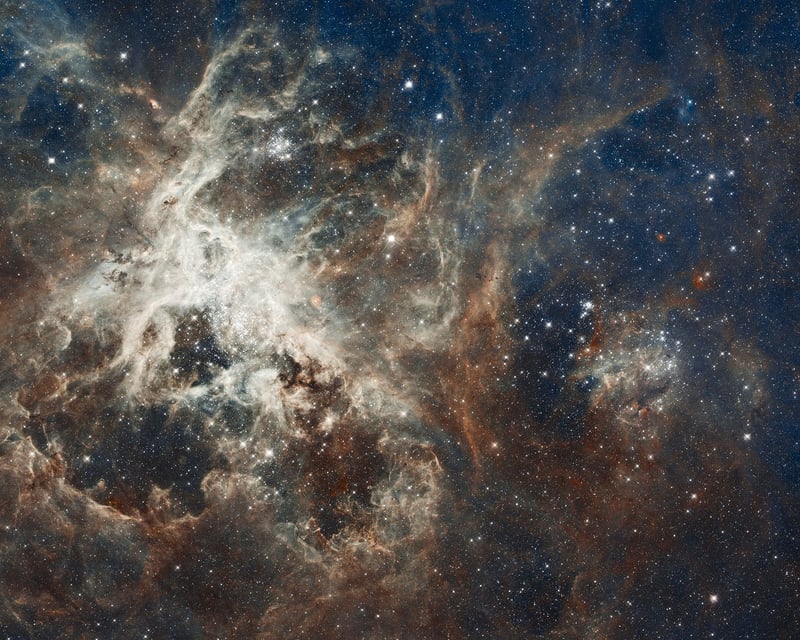Interstellar Journeys
Discover New Worlds Beyond Our Solar System

Have you ever gazed up at the night sky and wondered what lies beyond the stars and planets in our own solar system? The universe is vast and full of mysteries waiting to be uncovered. One of the most exciting frontiers of exploration is the search for exoplanets – planets that orbit stars outside of our solar system.
What are Exoplanets?
Exoplanets are planets that exist beyond our solar system, orbiting stars other than our Sun. These distant worlds come in a variety of sizes and compositions, from rocky planets like Earth to gas giants like Jupiter. Scientists use a variety of methods to detect and study exoplanets, including observing the dimming of a star as a planet passes in front of it (transit method) or measuring the wobble of a star caused by the gravitational pull of an orbiting planet (radial velocity method).
Interstellar Journeys
As technology advances, the possibility of embarking on interstellar journeys to explore these distant worlds becomes more feasible. Concepts like solar sails, ion propulsion, and even theoretical concepts like warp drives have been proposed as potential methods of traveling to exoplanets located light-years away.
Challenges of Interstellar Travel
While the idea of traveling to other star systems is tantalizing, there are significant challenges that must be overcome. The vast distances involved mean that even at the speed of light, travel times to exoplanets could be decades or even centuries. Additionally, the harsh conditions of space, cosmic radiation, and the need for self-sustaining spacecraft pose significant hurdles for interstellar missions.
The Search for Habitable Worlds
One of the primary goals of exoplanet research is to identify potentially habitable worlds – planets that could support life as we know it. Scientists look for planets located in the "habitable zone" of their stars, where conditions may be right for liquid water to exist on the surface. Discovering a habitable exoplanet would be a monumental achievement and could provide clues to the prevalence of life beyond Earth.
Join the Exploration
Whether through ground-based telescopes, space observatories like the Hubble Space Telescope, or future missions dedicated to exoplanet research, there are numerous opportunities to join the quest to discover new worlds beyond our solar system. Who knows what wonders and mysteries await us in the vast expanse of the cosmos!
Are you ready to embark on an interstellar journey of discovery?
